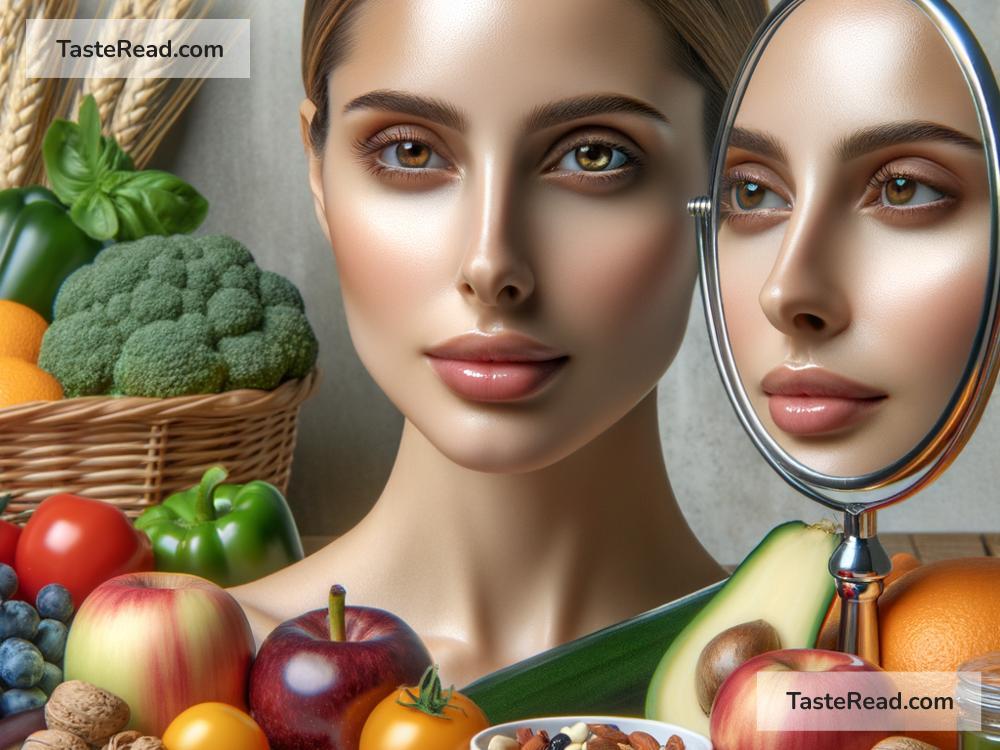How Gluten-Free Diets Can Improve Skin Health
Ever wondered why some people have such glowing skin? We’re quick to credit fancy lotions or secret skincare routines, but sometimes, the answer might be as simple as what they put on their plate, not what they put on their face. In recent years, gluten-free diets have gained popularity not only among those with celiac disease but also among individuals looking to improve their overall health, including their skin. Today, let’s dive into how ditching gluten could lead to better skin health.
First off, what is gluten? Gluten is a protein found in wheat, barley, and rye. It’s what gives bread its chewy texture. For some, gluten is no big deal, but for others, it can cause issues ranging from digestive problems to serious health conditions like celiac disease. Interestingly, even those without celiac disease have reported skin improvements after cutting out gluten. So, what’s the connection?
Inflammation Nation
The key link between gluten and skin health seems to be inflammation. For those sensitive to gluten, consuming it can trigger an inflammatory response in the body. Inflammation is like your body’s alarm system that something is wrong. While it’s necessary for healing, chronic inflammation can lead to problems, including skin issues like acne, eczema, and psoriasis.
When individuals with gluten sensitivity remove gluten from their diets, they often notice a significant reduction in skin inflammation. This can result in fewer breakouts, reduced redness, and an overall clearer complexion. It’s like calming a storm under your skin that you didn’t even know was there.
Gut Feeling
There’s also a strong connection between gut health and skin health, known colloquially as the “gut-skin axis.” If gluten messes with your gut, chances are, it’s going to mess with your skin too. Gluten can contribute to gut issues like leaky gut syndrome, where toxins can escape the intestines and enter the bloodstream, potentially leading to skin problems. By going gluten-free, you might not only soothe your gut but also bless your skin in the process.
Nutritional Swap
Adopting a gluten-free diet often means making healthier food choices. When you cut out gluten, you might start eating more fruits, vegetables, and lean proteins, all of which are great for your skin. These foods are packed with vitamins, minerals, and antioxidants that can help protect and repair skin cells. So, the glow might not be just from eliminating gluten but also from the nutritional boost your diet receives.
What Does This Mean for You?
If you struggle with skin issues and have tried various treatments with little success, it might be worth exploring a gluten-free diet. But remember, going gluten-free is a significant dietary change, so it’s best to approach it thoughtfully. Consider these steps:
-
Consult a Doctor: Before making any drastic changes to your diet, especially if you have existing health conditions, talk to a professional. They can guide you and ensure you’re not missing out on essential nutrients.
-
Do Your Research: Going gluten-free isn’t just about avoiding bread and pasta. Gluten is hidden in many foods and products, so educate yourself on what to look for on labels.
-
Focus on Whole Foods: The best gluten-free diet is one that emphasizes whole, unprocessed foods. Think fruits, vegetables, meats, and gluten-free grains like rice and quinoa. Beware of processed gluten-free products, as they can be high in sugar and other additives.
-
Give it Time: Skin changes won’t happen overnight. Give your body a few weeks to adjust to the new diet and watch for improvements.
-
Listen to Your Body: Everyone’s different. Some may see dramatic skin improvements, while others might notice more subtle changes. Pay attention to how your body responds and adjust accordingly.
In conclusion, a gluten-free diet could be a game-changer for your skin, especially if you’re sensitive to gluten. By reducing inflammation, improving gut health, and potentially upping your intake of skin-friendly nutrients, you might just find yourself with healthier, happier skin. As with any lifestyle change, take it slow, be mindful of your body’s reactions, and consult health professionals to ensure you’re on the right track to glowing skin.


